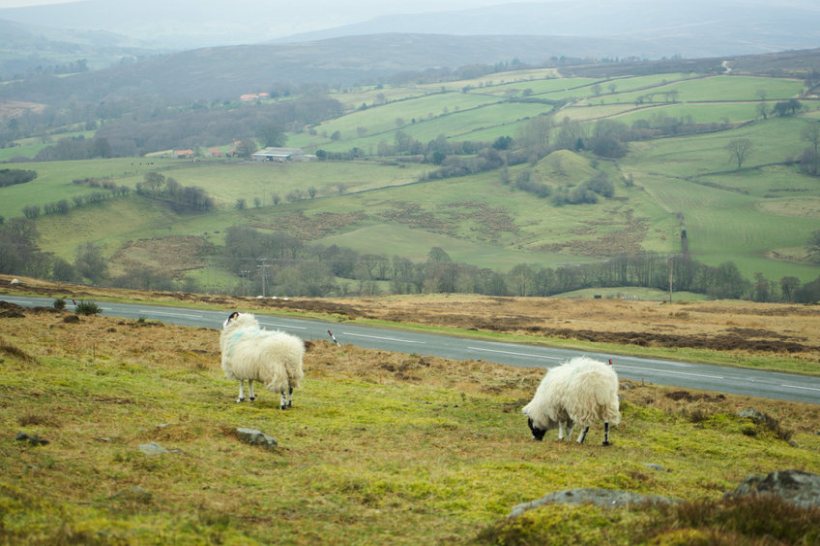
Reducing endemic diseases in livestock can support the slowing of climate change by significantly reducing methane emissions, a new report has said.
The report provides farmers and vets with available interventions to boost animal health and welfare on farm that will in turn reduce methane emissions.
According to Defra, ruminants are responsible for 45% of UK methane emissions, the majority of which is through rumen digestion, manure and slurry.
However, the area the sector can really make an immediate difference in is the contribution of certain livestock diseases to emissions, the report says.
‘Acting on methane: Opportunities for the UK cattle and sheep sectors’ was produced by Moredun Research Institute and Ruminant Health & Welfare (RHW).
RHW chair, Nigel Miller said: “Ruminant health is one of a small, but important, group of mitigation measures which can reduce emissions while also delivering a cost-benefit.
"Progress on health is identified immediately through herd or flock performance data, which feeds into on-farm carbon calculators and the national inventory.”
He added: “Effective farm health strategies are a gateway into low emissions production, and should be a pillar of future low carbon production systems supported by flock or herd health security."
The National Sheep Association (NSA) welcomed the evidence that improved health management will lead to numerous benefits alongside reducing methane emissions.
It said this was one of the low hanging mitigation options as there were direct benefits on farm as well as on a national scale through disease reduction and eradication, with little additional cost to the farmer.
However, the industry body warned of the 'potential dangers' of discussing methane emissions in isolation rather than on a whole farm basis.
NSA chief executive, Phil Stocker said: “It’s important to look at methane and emissions – but we have to see this within a bigger picture of Global Warming Potential and full/whole carbon life cycle measurements.
"And also within wider sustainability assessments to include nature recovery/biodiversity, natural capital protection, animal welfare, production, social etc.
He added: “You can’t deny that reducing days to slaughter will reduce methane emissions, but this needs to be within the context of driving efficiency generally through good health and good nutrition etc rather than any industry/policy direction.
"This will affect markets and trade as well as having wider consequences overfeeding and pasture management, that could, in turn, have wider carbon or nature implications.
“There can be no one blueprint for the sheep industry on these sort of issues – it’s a matter of getting farmers aware of, and ‘owning’ the environmental challenges, and giving them the options as to potential solutions.”
